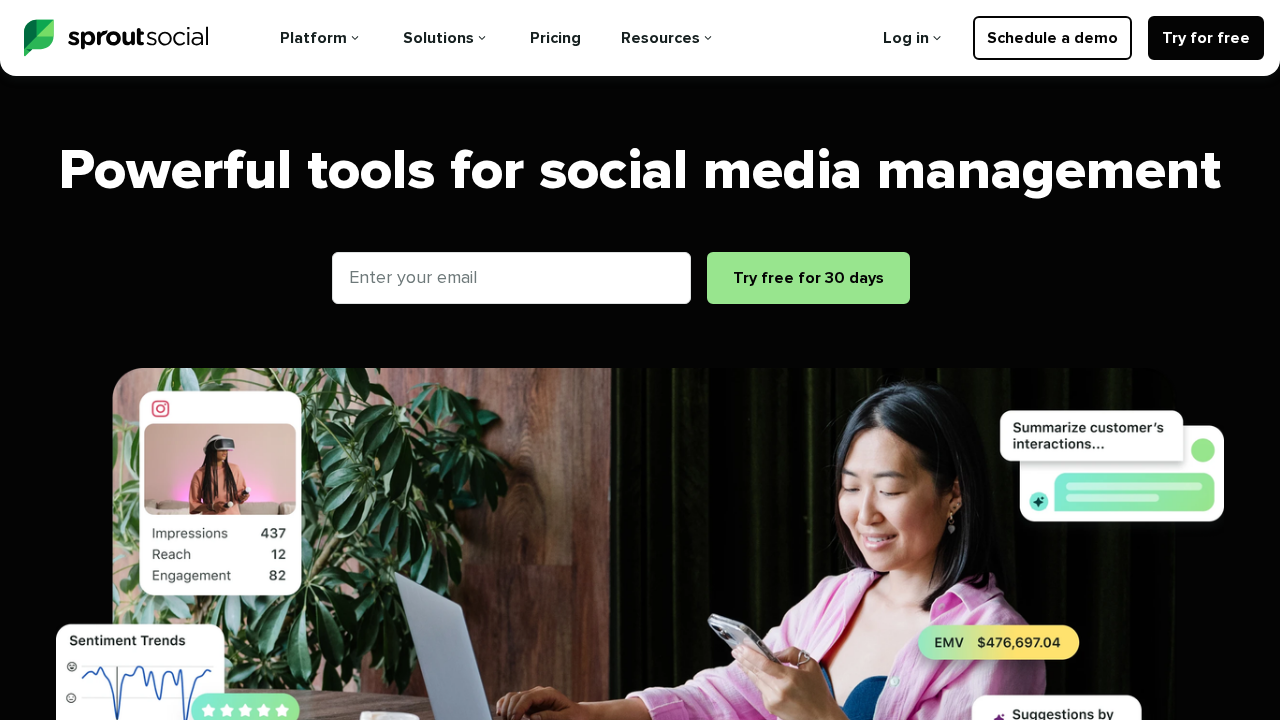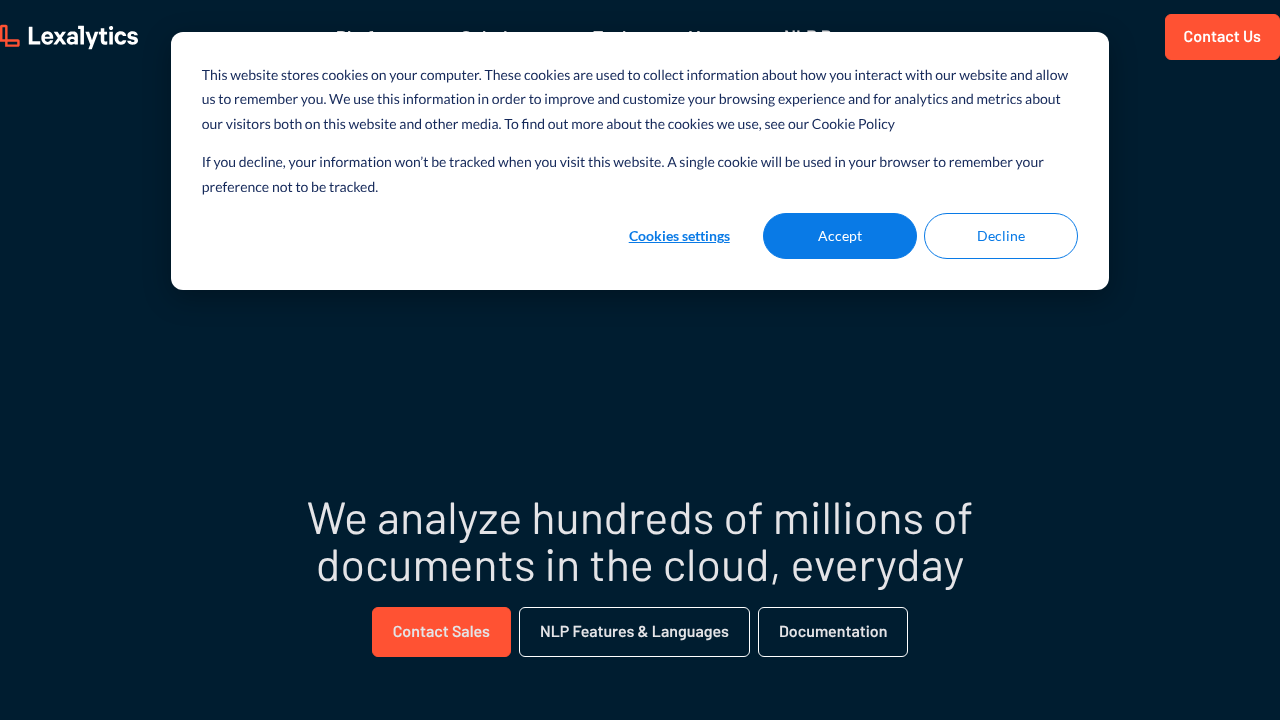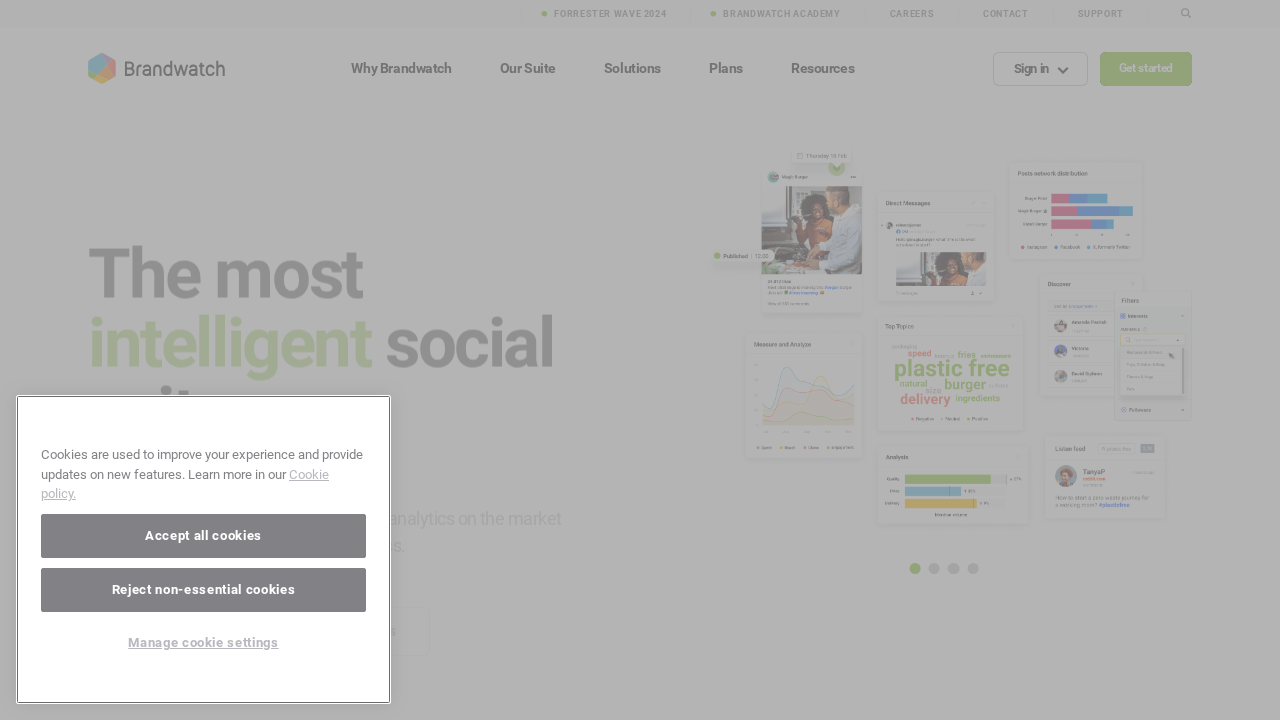Top 5 Tools for Real-Time Sentiment Analysis at Work
on Septiembre 5, 2025
In today’s fast-paced workplace, keeping a pulse on real-time sentiment analysis can be the key to more engaged teams, better customer interactions, and smarter decisions. Whether you’re tackling employee sentiment or monitoring brand perception, having the right tools in your arsenal can transform how your organization processes and acts on feedback.
In this blog, we uncover the top 5 tools for real-time sentiment analysis, highlighting their strengths, gaps, and suitability for different workplace needs. From AI-powered CRMs to social listening platforms and beyond, we’ll help you find the best match for improving your team’s efficiency, communication, and overall strategy. Spoiler alert: There’s one standout solution that’s changing the game for HR and cross-functional teams — stay tuned until the very end for the big reveal!
Top apps:
1. Moodbit Copilot
2. monday CRM
3. Sprout Social
4. Semantria by Lexalytics
5. Brandwatch
Moodbit Copilot

In the context of “Top 5 Tools for Real-Time Sentiment Analysis at Work,” Moodbit Copilot emerges as a powerful solution designed for HR teams, team leads, and Small-to-Medium Businesses (SMBs). Its primary purpose is to transform people data and documents into instant, actionable insights. By integrating advanced conversational analytics, document intelligence, workflow automation, and a 24/7 HR chatbot, the app enables teams to focus on optimizing their people strategy rather than spending excessive time on manual administrative tasks.
Pros
- Low friction conversational interface: The app allows HR and non-technical managers alike to ask natural-language questions, such as “How is employee sentiment trending this quarter?”, and immediately receive contextual charts and answers. No complex SQL skills or Business Intelligence expertise required.
- Time-saving automation: With features like automated report generation, meeting summaries, survey follow-ups, and routine task handling, HR teams can drastically reduce manual work, freeing up resources for strategic endeavors.
- Broad integrations: Seamlessly connects with workplace tools like Slack, Microsoft Teams, Google Workspace, and SAP SuccessFactors, eliminating the need for excessive tool-switching and centralizing HR workflows.
- Operationalizing employee wellbeing: By transforming sentiment analysis and surveys into practical follow-up programs, the app helps businesses create actionable strategies to support employee wellbeing, engagement, and retention.
- Enterprise-level security: Built with privacy and security at its core, ensuring that sensitive employee data is handled according to the highest enterprise-level compliance standards.
While it is an excellent tool, there are a couple of minor considerations: the learning curve for configuring all features may be slightly higher in large enterprises, and its functionality might expand even further with future updates.
Use Cases
- Sentiment trend analysis: HR teams can easily track sentiment trends over time or gauge immediate employee engagement levels through natural-language queries.
- Effortless policy distribution: Employees gain immediate access to HR policies, benefits, and process details through the always-available 24/7 HR chatbot, reducing repetitive inquiries that typically burden HR teams.
- Onboarding and recruiting: The app simplifies onboarding processes and recruiting workflows by centralizing access to HR documents, summaries, and actionable recommendations for managers.
- Data-driven decision-making: Managers and team leads can access instant insights and recommendations—turning complex data into actionable strategies that improve employee retention and satisfaction.
- Scaling HR support: SMBs with small HR teams can efficiently support larger workforces by leveraging the app’s automation capabilities, ensuring consistent service and streamlined operations.
monday CRM

Monday CRM is an AI-powered customer relationship management tool designed to help sales teams manage their sales pipelines, automate tasks, and streamline communication with clients from pre-sales to post-sales stages.
Pros
- Comprehensive sales automation: Reduces time spent on repetitive tasks like assigning leads and setting reminders.
- Intuitive customization: Allows users to tailor workflows and pipelines without technical skills.
- Integrations capabilities: Supports tools like email platforms and collaboration software for centralized workflows.
Cons
- Lacks specific focus on employee wellbeing or sentiment tracking, which limits insights beyond sales performance.
- No conversational analytics for natural-language queries, making data retrieval less user-friendly for non-technical managers.
- Primarily sales-focused, rendering it less useful for HR teams, operational strategy, or people-centric data analysis.
- 24/7 chat assistance is absent, leaving teams dependent on traditional ticketing systems for repetitive queries.
- Automations are restricted to sales workflows, excluding broader automations across HR or employee interaction processes.
Sprout Social

Sprout Social is a social media management tool designed to help businesses plan, schedule, and manage social media campaigns, engage with audiences, and analyze social performance. It also offers social listening features to monitor online conversations for actionable insights.
Pros
- Integrates with major social media platforms like Facebook, Instagram, LinkedIn, and Twitter.
- Provides social listening tools to track brand sentiment and analyze market conversations.
- Smart inbox consolidates all social messages for streamlined engagement.
- Offers detailed analytics and reporting for social media performance tracking.
Cons
- Lacks advanced conversational analytics or natural-language query capabilities for real-time sentiment trends.
- Does not provide document intelligence or support for non-social media files like PDFs, contracts, or survey reports.
- Focused on marketing and social media tasks, with limited HR or people management functionalities.
- No automation features for HR-related processes like report generation, meeting summaries, or policy dissemination.
- High monthly cost per user ($199–$399/seat) without dedicated features for cross-functional support beyond social media teams.
- Relies heavily on predefined setups; lacks generative AI capabilities for tailored recommendations or actionable business strategies.
Semantria by Lexalytics

Short Description: Semantria by Lexalytics is a cloud-based text analytics solution that uses natural language processing to extract insights such as sentiment, entities, and themes from unstructured text. It is often customized and integrated into business intelligence tools for specialized data needs.
Pros:
- Highly customizable with support for multiple languages and advanced text configurations.
- Wide scope of features like sentiment analysis, theme extraction, and entity recognition.
Cons:
- Lacks conversational interfaces for natural language querying and insights delivery.
- No embedded chat support for teams or employees, limiting direct interaction with the system.
- Heavily reliant on manual configuration and predefined taxonomies, making it complex to set up.
- Does not offer workflow automations or integrations with modern collaboration tools like Slack or Microsoft Teams.
- Insights are limited to text analysis without actionable strategy generation or proactive recommendations.
- Primarily focused on technical configurations, unsuitable for non-technical HR or SMB team environments.
Brandwatch

Brandwatch is a sophisticated social media analytics tool that tracks online conversations and utilizes AI-driven sentiment analysis to help brands understand consumer insights, trends, influencers, and brand perception. It operates through proprietary web crawling technology and presents data visually through a live analytics dashboard.
Pros
- Provides real-time tracking and updates through its dashboard.
- Offers advanced filtering and customization capabilities for data visualization.
- Supports influencer identification, leveraging organic conversations online.
Cons
- Focused primarily on external consumer insights, lacking tools for internal employee sentiment analysis.
- Sentiment analysis technology remains limited in capturing nuanced emotions like hope or anxiety.
- Integration ecosystem is narrower with limited collaboration tools compared to alternatives.
- Media intelligence features do not directly support operational tasks or process automation.
- Subscription costs may be prohibitive for smaller teams or SMBs with limited budgets.
Conclusions:
When it comes to choosing a sentiment analysis tool, your decision often hinges on the specific needs of your team. Platforms like Monday CRM and Sprout Social bring great value to sales and marketing teams, while Semantria and Brandwatch excel in processing external data for market insights. But, if you need a tool that goes beyond numbers to offer actionable strategies with a people-first focus, you’ll need something more.
This is where Moodbit Copilot truly shines. By combining conversational analytics, people-centric insights, and advanced automation, it empowers HR teams and managers to address employee wellbeing, support cross-functional workflows, and boost efficiency all in one intelligent solution. Its ability to transform raw sentiment data into practical next steps is what truly sets it apart.
If you’re ready to cut through complexity, support your teams with real-time insights, and let AI handle the heavy lifting, then Moodbit Copilot is undoubtedly the best option for you. Take the first step toward revolutionizing your workplace decision-making by giving it a try today — your team will thank you for it!


Leave a comment